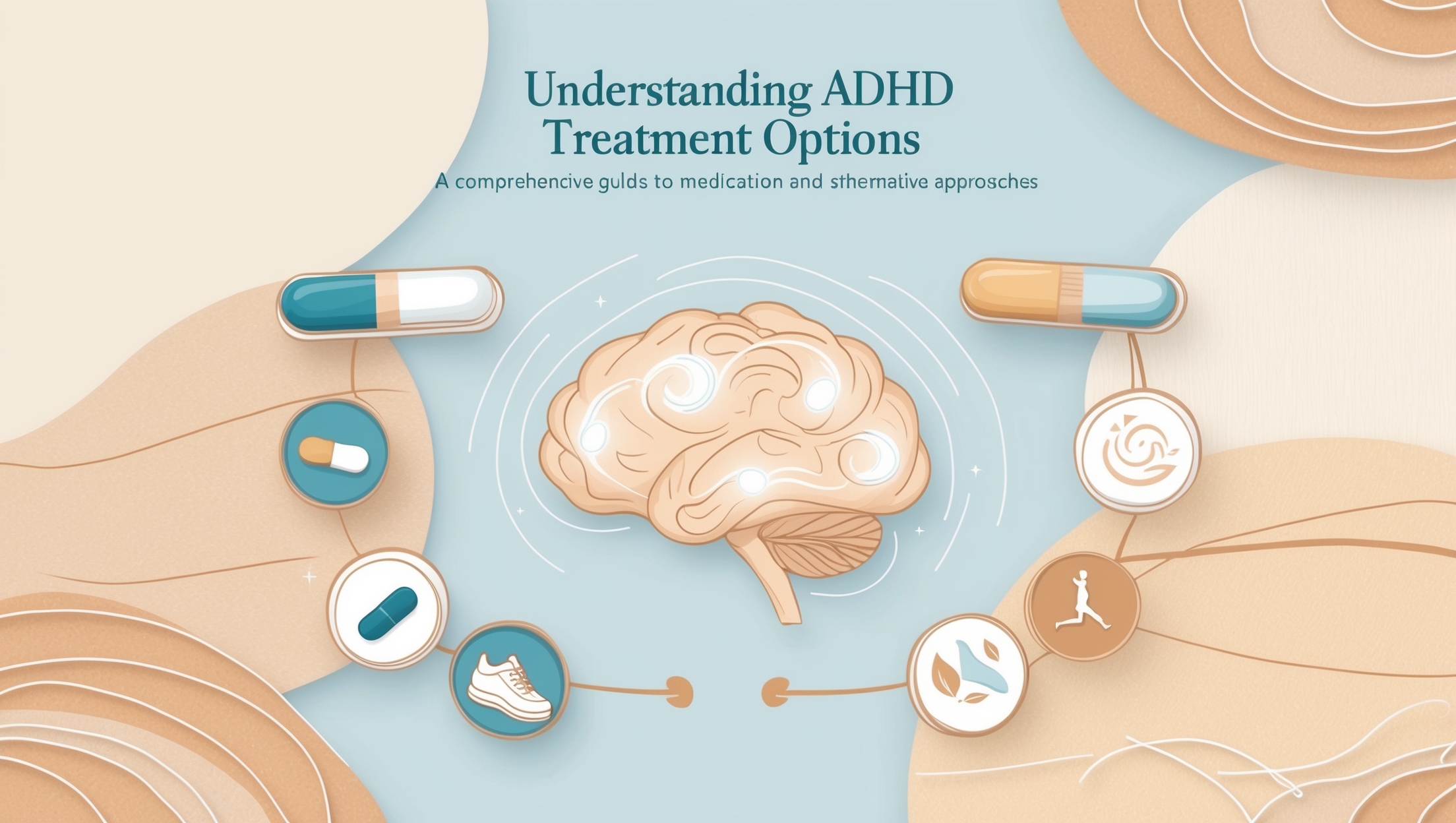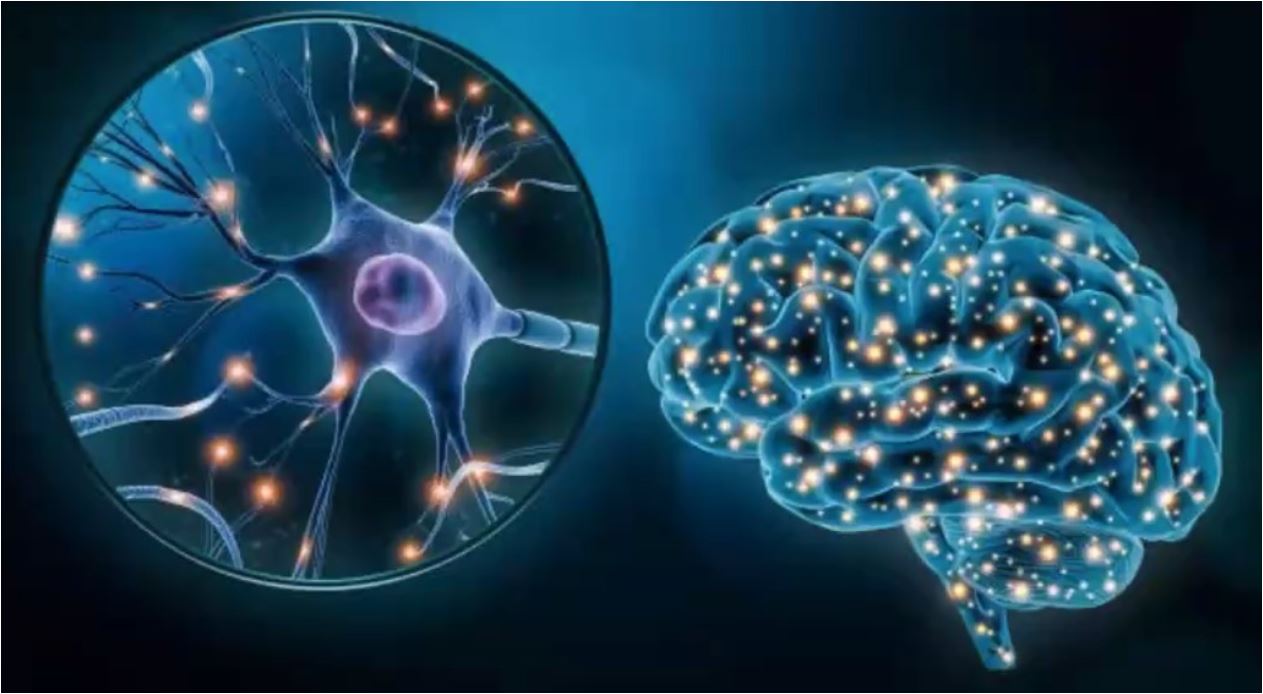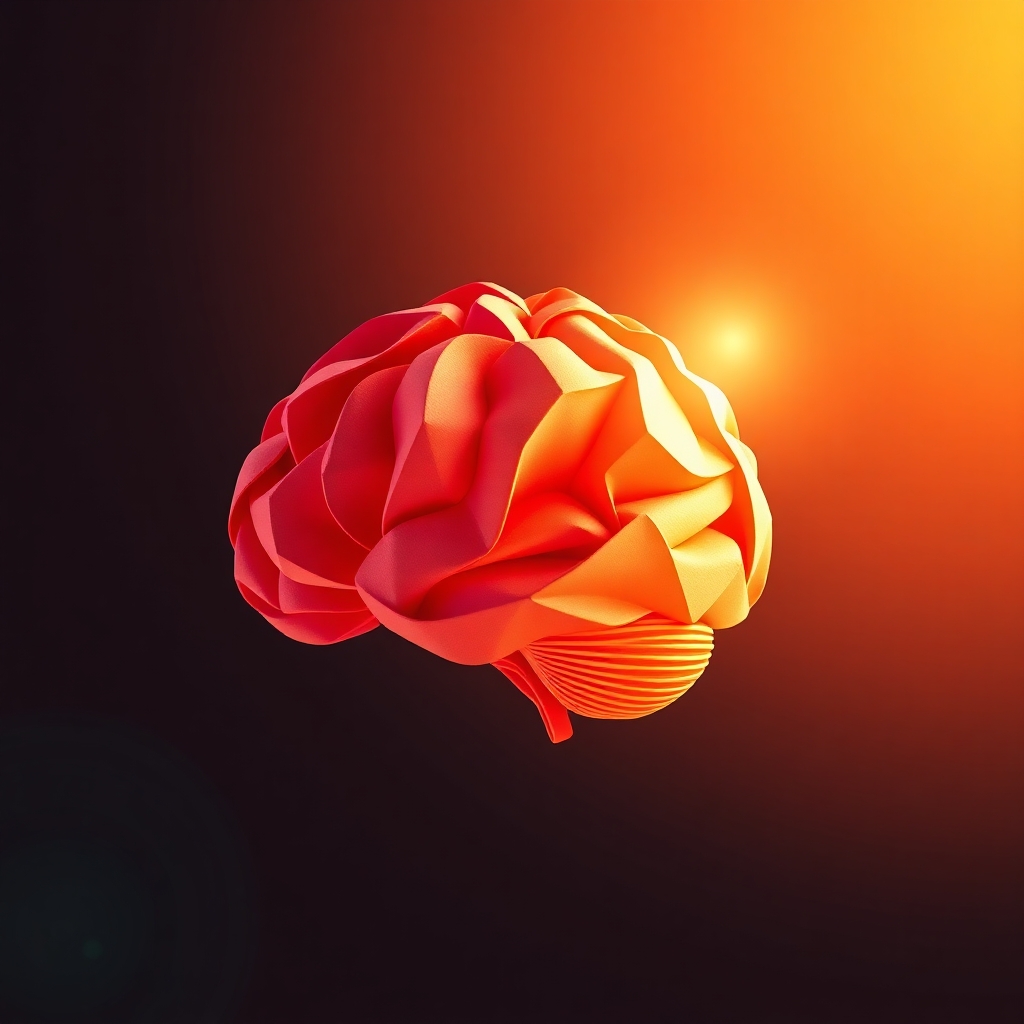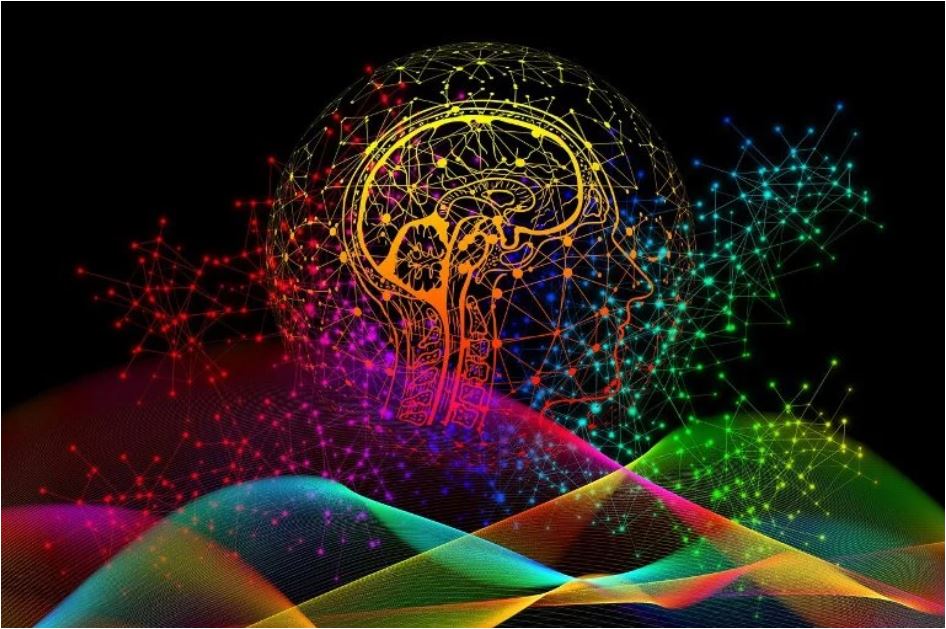When Your Workday Takes a Nosedive: Strategies for Turning Around a Bad Day at the Office
Harold Robert Meyer and The ADD Resource Center 03/30/2025 Executive Summary Everyone experiences those days when everything seems to go wrong from the moment you step into the office. This article provides practical strategies for regaining control when your workday spirals downward. You’ll learn how to reset your mindset, implement damage control techniques, and transform a … Read more









